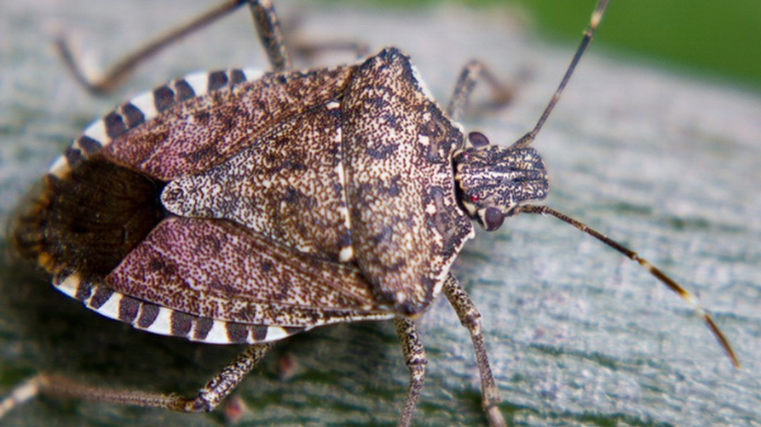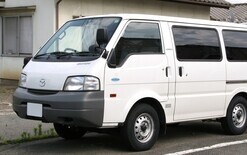On alert over China’s stink bugs

Biosecurity New Zealand staff are keeping a close eye on developments in China with regard to brown marmorated stink bugs (BMSBs) after their counterparts in Australia ramped up measures for roll-on, roll-off vessels from the Asian country.
The Australian Department of Agriculture, Fisheries and Forestry (DAFF) recently announced that due to a rise in exotic stink-bug detections on Chinese-origin break-bulk cargo and ro-ro vessels, all ro-ros loaded in Chinese ports are now required to undergo mandatory seasonal pest intervention.
The temporary measures also include mandatory fogging and residual spray insecticide following the arrival of those vessels at Australian ports. DAFF’s steps are in place until January 9, 2023, when they will be reviewed.
Australia’s extra action for its BMSB risk season has reportedly caused delays for a number of vessels and has had knock-on effects for their subsequent voyages. The problem is expected to continue while the measures remain in force.
A Biosecurity NZ spokesperson told Autofile Online the agency has not introduced similar actions for vehicle carriers from China, which is not among the 38 listed risk countries in the government’s import health standard for vehicles, machinery and parts.
“However, we are closely monitoring the situation and will adjust our requirements if needed,” they add.
“Biosecurity NZ already uses a range of measures to address the risk of BMSBs from China, including surveillance of arriving vessels, crew reporting, and targeted and random inspections of imported goods.
“If need be, we are prepared to direct contaminated vessels to leave New Zealand waters as has happened in the past.”
Bug detections
In the first two months of the risk season for New Zealand, from September 1 to November 2, there were 10 live BMSB interceptions but none were associated with imported vehicles.
This compares with nine live bugs detected in the same period last season.
As for dead BMSBs, the spokesperson says 272 linked to ro-ros were discovered between September 1 and November 2 this year. Crews handed the dead bugs to Biosecurity NZ officers on arrival.
The spokesperson adds a further 11 dead BMSBs were located in a vehicle from the US.
“The detection of dead bugs shows our offshore treatment requirements and other management measures are working well,” they say.
The spokesperson also notes warm weather in Japan this year has resulted in greater BMSB activity in the lead-up to the high-risk season, which means the likelihood of detections in goods imported from there may increase.
“However, at this stage, we do not assess the risk as greater than other countries with large BMSB populations,” they add.
“Vehicles from Japan are subject to various offshore management measures to prevent pests arriving in New Zealand.
“New Zealand biosecurity personnel recently travelled to Japan to audit local cleaning and inspection operations for used vehicles. They found no significant issues.”





